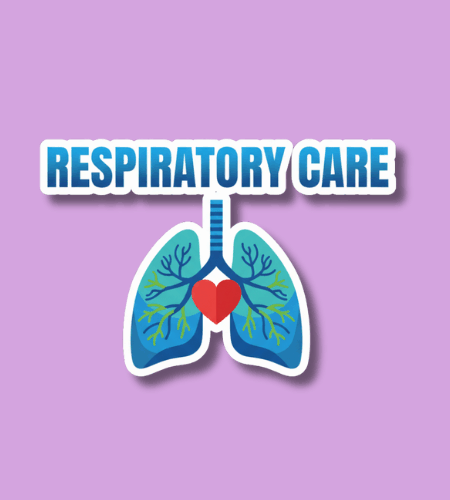The Respiratory Care Week, celebrated each year during the last full week of October, is a time dedicated to honouring respiratory therapists and raising awareness about the importance of healthy lungs and proper breathing. Whether you’ve had help recovering from an illness or simply know someone with asthma or COPD, this week reminds us how vital each breath really is—and how many professionals work behind the scenes to protect it. In 2025, the week runs from October 19 to October 25.
Table of Contents
History of Respiratory Care Week
Respiratory Care Week was first established in 1982 through a formal proclamation, setting aside one week each October to recognise the growing field of respiratory therapy. Since then, hospitals, clinics, and schools across the country have embraced the tradition, using this time to highlight the lifesaving work of those who specialise in breathing care.
As the field of respiratory therapy has expanded—especially in critical care and home health—so has the scope of this week. It’s now used not only to thank therapists, but also to spread public awareness about lung health, air quality, and the many factors that affect how we breathe.
Why is Respiratory Care Week important?
What makes this week special is that it reminds us how easy it is to take breathing for granted—until it becomes difficult. Respiratory therapists are the people you might not notice until you need them most. They’re there in emergency rooms, intensive care units, recovery wards and even in homes, helping patients recover from illness, manage chronic lung conditions and sometimes just to take one more breath. Recognising them is a small but meaningful act of gratitude.
This week also helps shift the spotlight to prevention. Lung health isn’t just about treating problems—it’s about building habits and awareness to avoid them. By learning how to protect our lungs and supporting clean air initiatives, we each play a role in something bigger. This week reminds us that healthy lungs are part of healthy living—and that help is always there when they aren’t.
- It honours the essential work of respiratory therapists in all areas of care
- It promotes better understanding of lung health and respiratory conditions
- It encourages prevention—avoiding habits and environments that damage breathing
- It gives visibility to a profession that often works behind the scenes
- It invites conversations about air quality, wellness and breathing support
How to Observe Respiratory Care Week
There are lots of simple and meaningful ways to take part in Respiratory Care Week. If you work in healthcare, now is a great time to celebrate your RT colleagues with small thank‑you events, recognition boards or even care packages. For those outside the profession, it can be as simple as reaching out to someone you know in respiratory care and saying thank you.
You could also use this week to focus on your own lung health: avoid smoking, check air quality before outdoor exercise, or book a basic respiratory screening if needed. Many communities offer health events during this time, and social media can be a place to share stories, photos and thanks using the week as inspiration.
- Thank a respiratory therapist you know with a card, call or post
- Learn about the basics of lung care and share something you didn’t know
- Avoid smoking or secondhand smoke to support both personal and community health
- Use an air purifier or monitor local air conditions, especially if you have lung concerns
- Host or attend a small event focused on breathing, relaxation or awareness
Subscribe to our newsletter and never miss a holiday again!

